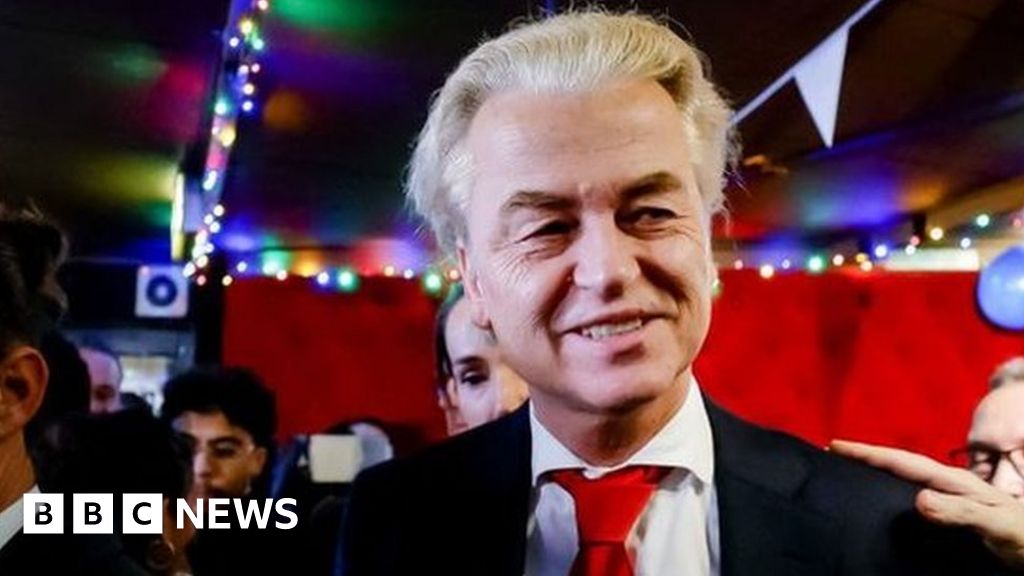- cross-posted to:
- news
- cross-posted to:
- news
The unexpectedly meaty win for controversial, hard-right politician Geert Wilders in Wednesday’s general election in the Netherlands set international headlines on fire.
Right-wing nationalists across Europe rushed to congratulate the populist politician, sometimes dubbed the Dutch Trump - partly for his dyed, bouffant-like hairdo, and partly for his famously firebrand rhetoric.
Geert Wilders’ publicly expressed views - including linking Muslim immigration with terrorism and calling for a ban on mosques and the Quran - are so provocative that he has been under tight police protection since 2004.
Wilders was convicted of inciting discrimination, although later acquitted, and he was refused entry to the UK back in 2009.
But Europe’s far right believes their views have now become more mainstream.



While this is bad, it’s not as bad as what’s happening in other European countries. He got 37 seats of the 150 in lower house parliament. He still needs to form a coalition with other parties to govern. He’s the only far right party with significant seats. The other parties that might work with him and have enough seats are all centrists. And the last time the PVV joined a centrist coalition the cabinet fell within a year.
Yeah. English speaking media are used to first past the post political systems, where the largest party wins it all. That’s why they’re more alarmed than they should be, although it is a very worrying sign for Europe.
Them being the biggest party is very much cause for concern. I remember Janmaat’s party being just a general political laughing stock. It is not a total disaster. Yet.
The whole “there’s only the winner and the loser” mentality goes way beyond politics in certain societies.
IMHO, even the tendency for seeking consensus in the Dutch society tends to differ from the far too prevalent adversarial spirit in many modern Western societies, especial anglo-saxon ones (certainly at least the US and UK).